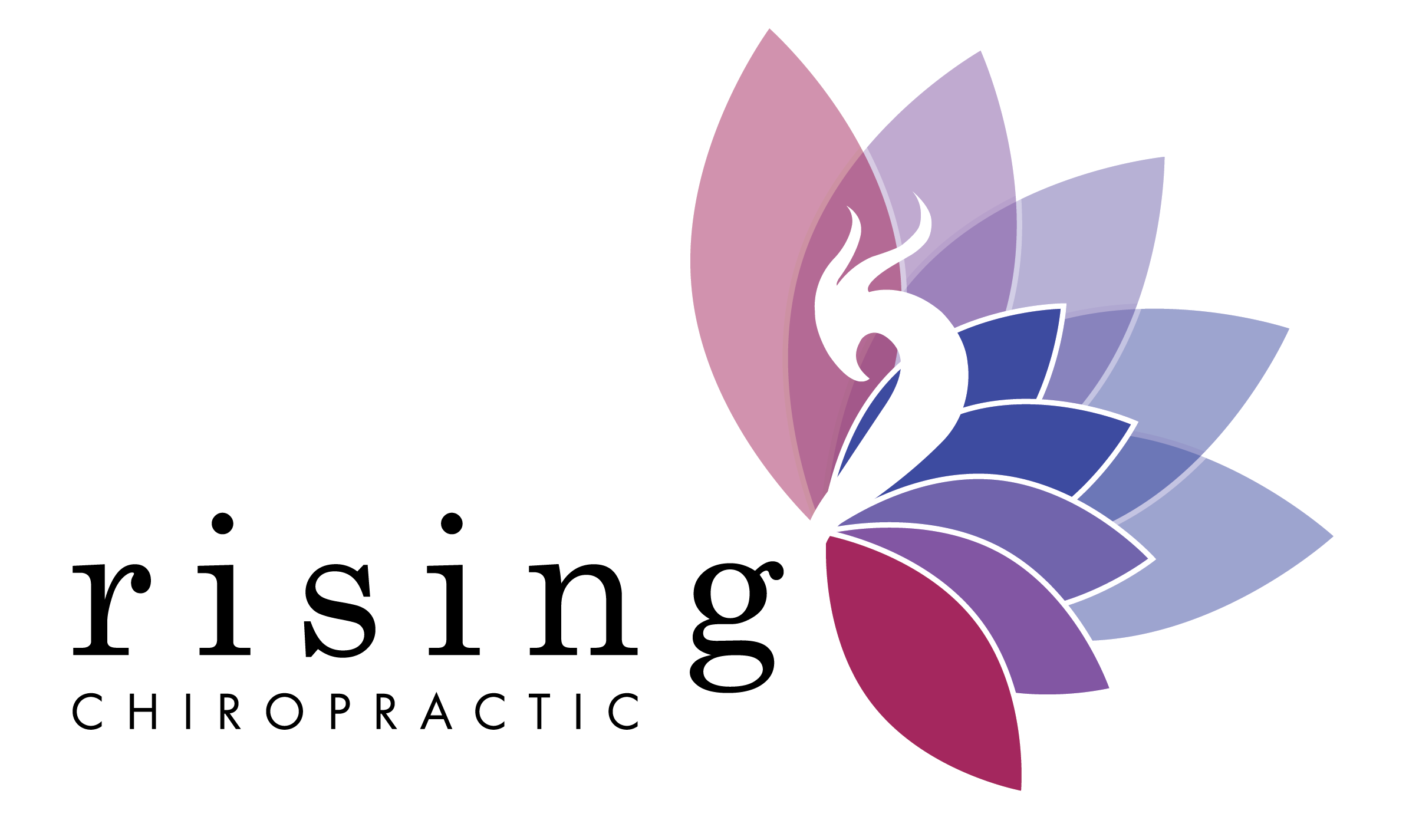
When was the last time you woke up feeling fully refreshed and ready for the day? Where you bounced out of bed, got your workout clothes on for an invigorating workout, had a nutritious breakfast, and left for work on time…all with a smile on your face and without 2.5 cups of coffee?
Perhaps more familiar are the mornings you drag yourself out of bed, achy and stiff, tripping over the dog sleeping next to your bed. You stumble to the kitchen looking like Bill the Cat, intent on your first cup of coffee to pull you into consciousness. The spouse and kids give you a wide birth as you throw lunches together, grumbling about all the work you have to do today. Forget about a workout…not falling asleep in the shower is going to be your personal record for today. Breakfast is one more cup of coffee and a mug for the road as you leave home praying you hit all the green lights to get to work on time.
If this is you, you are not alone. Fifty to Seventy (50-70) million Americans suffer from some form of sleep disorder. And they spend a lot of money trying to deal with it. From coffee to prescriptions, people spend billions a year on sleep. In 2022, consumers spent nearly $110 billion on coffee. Direct medical costs related to sleep add up to almost $95 billion per year. In 2024, the pharmaceutical industry is projected to make $3.89 billion on sleep aids alone. Then there are the hidden costs, such as lost productivity at work, lost quality time with family, and declines in individual health.
 WHY IS SLEEP SO IMPORTANT?
WHY IS SLEEP SO IMPORTANT?
Sleep plays a very important role in our overall health. Lack of sleep causes a host of health issues, such as:
- Chronic fatigue
- Difficulty with focus, concentration, memory, and learning
- Mood swings/mood disorders
- Low sex drive
- Immune system function (leading to more serious illness and disease)
- Delayed reaction time (very dangerous when driving or in high-risk professions)
- Chronic disease, such as diabetes, high blood pressure, stroke, and auto-immunity
Sleep is not just our time to rest, it is our time to clear out all the “gunk” of the day and reset our body systems (heal). A good night’s sleep provides the following health benefits:
Improved brain function
Sleep helps your brain reorganize and restructure memories. Not only that, sleep also clears out all the waste and toxins that build up in the brain. This helps with mental clarity, learning, decision-making, focus, and problem-solving.
Better mood
The same structures of the brain that control sleep also control mood and emotions. Therefore, sleep can help reduce stress and improve your mood, reducing fatigue and grumpiness. Better sleep is also associated with improving depression and anxiety.
Stronger immune system
Sleep helps your body repair cells, tissues, and blood vessels, and can boost your immune system. One study found that after only one night of mediocre sleep, the body reduces the number of cancer-fighting cells by 70%!
Lower risk of chronic disease
Getting enough sleep can help lower your risk of developing serious health problems like diabetes, heart disease, high blood pressure, and stroke. This is because your body is able to clear out toxins and waste that cause inflammation, as described above.
Improved pain
Sleep improves the brain’s ability to process pain and regulates the release of hormones and neurotransmitters that regulate pain. And, again, as the body sleeps, it heals, further reducing the pain experience. Over time, this reduces the need for pain medication.
HOW REGULAR CHIROPRACTIC CARE CAN HELP OVERCOME SLEEP PROBLEMS
Most people associate chiropractic care with neck/back pain, headaches, and sciatica. However, the true power of the chiropractic adjustment lies in its ability to improve whole body function, helping many overcome a range of other health issues, including sleep disorders.
 Chiropractic adjustments improve spinal function by addressing structural issues that may affect sleep. Correcting the neck curve may improve sleep apnea by restoring the normal shape and function of the pharynx, esophagus, and trachea, leading to better air flow.
Chiropractic adjustments improve spinal function by addressing structural issues that may affect sleep. Correcting the neck curve may improve sleep apnea by restoring the normal shape and function of the pharynx, esophagus, and trachea, leading to better air flow.
More than that, research has discovered that the adjustment improves brain function. As it relates to sleep, it affects the release of hormones and neurotransmitters in the hypothalamus, the part of the brain that controls sleep rhythms. While sleep aids may artificially improve sleep, there is a risk of dangerous health effects such as cognitive dysfunction, brain degeneration, dementia. While a single adjustment may have an effect on sleep, the true benefit comes with regular adjustments over time. People who receive chiropractic care regularly as part of their health routine experience better sleep—along with a host of other health benefits that not only improve their quality of life, but their longevity, too!
To learn more about how chiropractic can help you sleep better, call Rising Chiropractic today.


